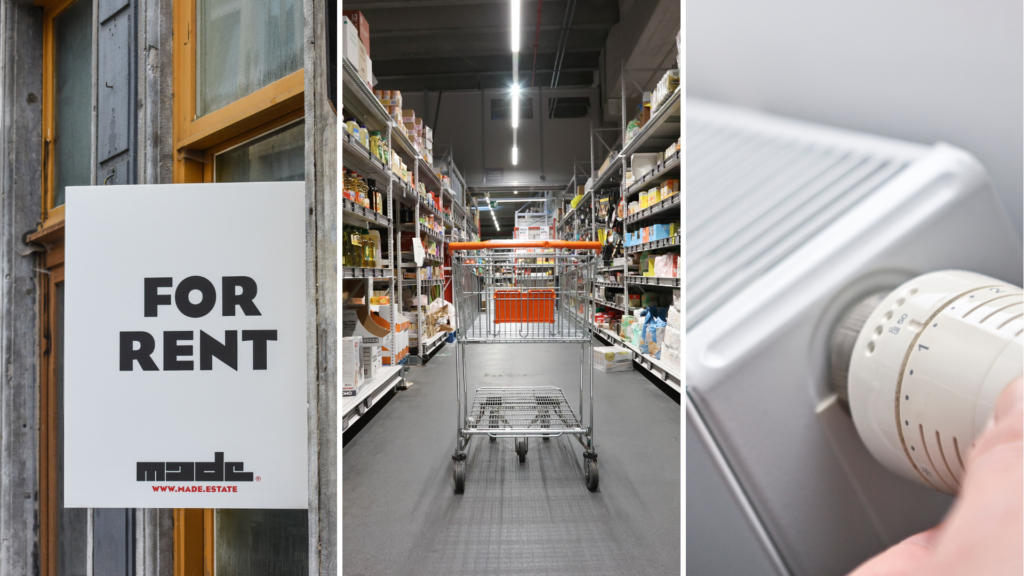Inflation in Belgium remained stable at 3.2% in November, but life has still become more expensive in the last month. Clothing, natural gas and electricity, household appliances and bread and cereals were the biggest drivers of price increases.
The inflation rate in November was 3.2%, the Belgian statistical office Statbel reported on Thursday. This rate refers to the consumer price index, which tracks the changing prices of consumer goods and services.
"This means that if an average household spent €100 on goods in November 2023, it will now pay around €103.20 in November 2024," Associate Economics Professor at Ghent University, Stijn Baert, wrote on social media.
The figure is the same as in October when the inflation rate also stood at 3.2%. "So the rate at which life is getting more expensive remains the same," Baert explained.
The 3.2% inflation rate is in line with what the Planning Bureau predicted for November. However, Baert stressed that it is still much higher than the European Central Bank's (ECB) 2% target. "It is their key ambition for inflation to be around 2%. Stable prices are crucial for our economy."
What became more expensive?
Every month, Statbel discloses which products drove the largest price increase. The main price increases in November were related to clothing, natural gas, electricity, household appliances and repairs, holiday villages and bread and cereals.
Energy inflation in the country rose from 7.26% in October to 9.44% this month. Electricity inflation stands at 15.2% compared to 13.7% last month. For natural gas, inflation went from 125.4% last month to 111.3% in November. "Compared to last month, natural gas prices have increased by 3.9% and electricity prices by 2.9%."
Statbel again emphasised that the increase in energy inflation in recent months is due to the phase-out of government support. The higher inflation rate is down to the fact that support measures were still in place this time last year. The disappearance of the basic package is expected to have an increasing effect on inflation until February 2025.
Foreign travel and city breaks, airline tickets and hotel rooms brought down the inflation rate.
Wage increases
The smoothed health index stood at 130.22 points in November. This figure is used to determine the percentage by which certain employees will see their wages increase next year as part of Belgium's wage indexation system.
Belgium is the only eurozone country besides Luxembourg that obliges employers to adjust both public and private wages upwards along with the increase in the cost of living.
Given the latest inflation figure, the final index figure for 2025 for people covered by the joint committees of hospitality (PC 302), food industry (PC 118 and PC 220) and transport (PC 140.03) amounts to 3.57%, HR company SD Worx confirmed. On 1 January, more than one million employees will again see automatic wage increases.
"The exact timing and percentage of indexation varies from sector to sector," said Geert Vermeir, advisor of SD Worx's Legal Knowledge Centre. "In general, however, we note that the total indexation over four years (since 2022) is around 20%."

